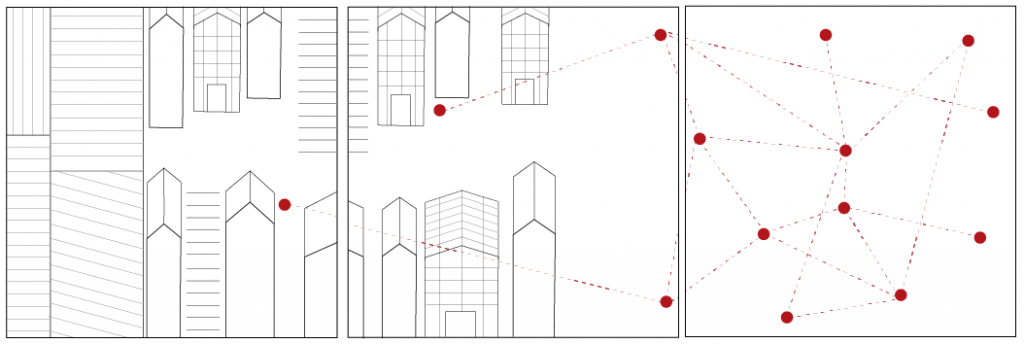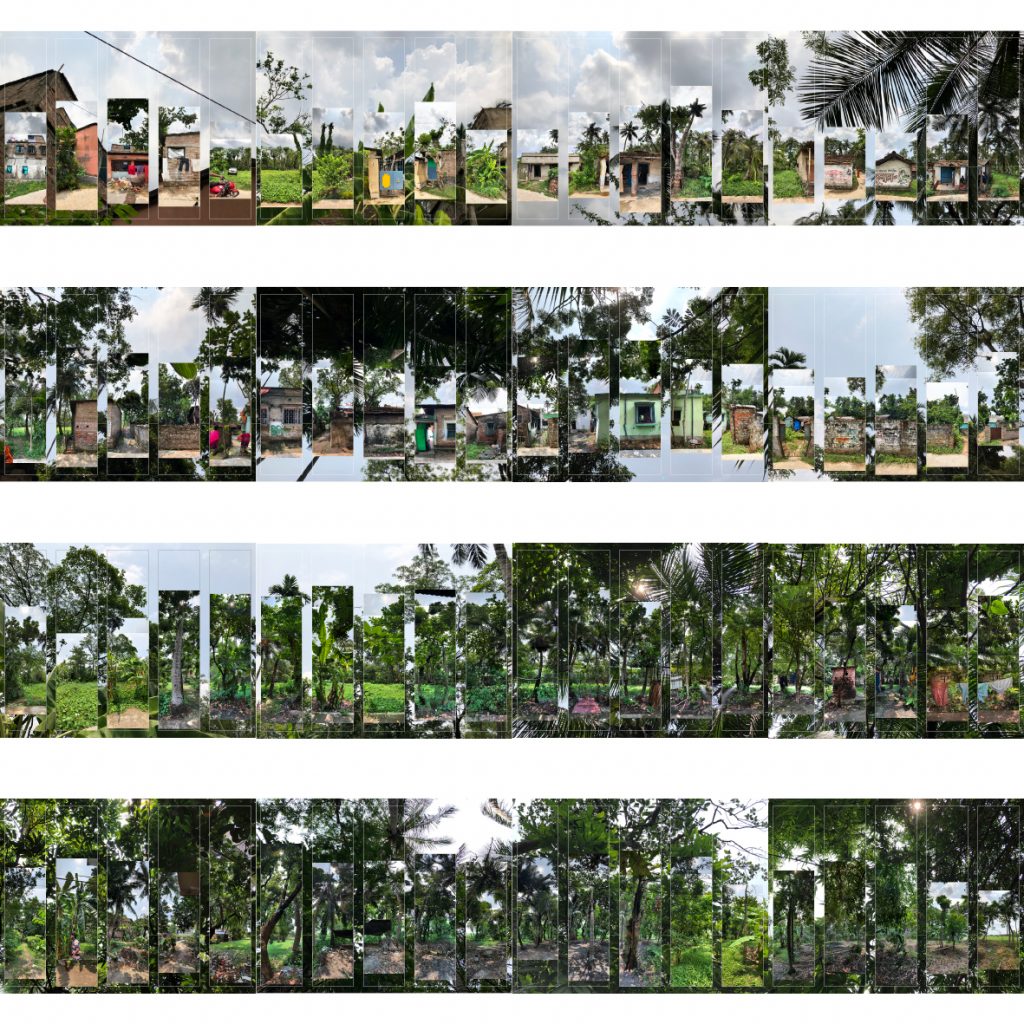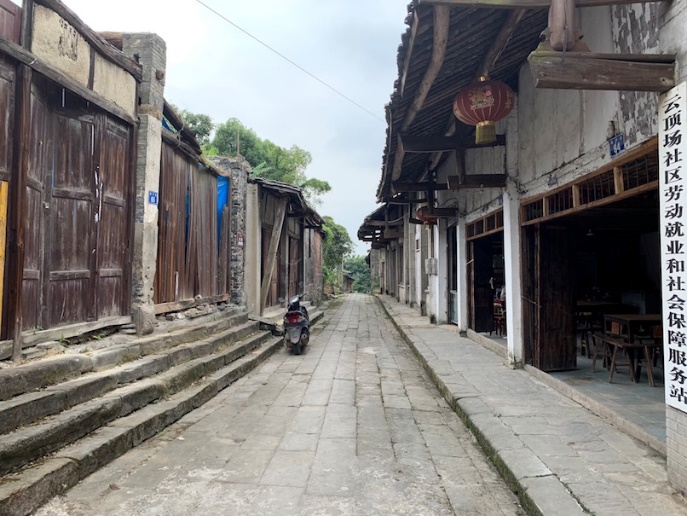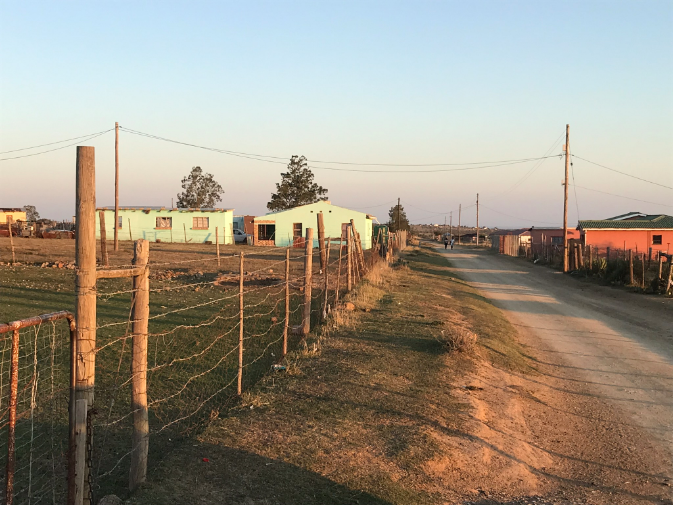Does Scale Matter? The Country-City Debate in the History of Industrial Societies

The Rural – Urban Divide Globally. Relationships and Dichotomies
8 October 2021
2pm – 4.30pm (CET) [8.00-10.30am (USA)/8.00-10.30pm (CST)] (Link)
Chairing: Rosemary Wakeman (Fordham University, NY - USA)
- Fabiano Lemes de Oliveira (Milan Polytechnic – Italy), Carla Brisotto (University of Florida – USA), Rethinking urban-rural relationships: perspectives from planning history
- Victoria Jane Marshall (National University of Singapore, Singapore), A particular “kind of urban”: Periurban Kolkata, West Bengal
- Mzo Sirayi (Tshwane University of Technology, Pretoria – South Africa), Giulio Verdini (University of Westminster, London – UK), Beyond the rural-urban divide through culture: cases from China and South Africa
Discussant: Grahame Shane (Columbia University, New York – USA)
Abstracts
- Fabiano Lemes de Oliveira (Department of Architecture and Urban Studies, Politecnico di Milano – Italy), Carla Brisotto (Florida Institute for Built Environment Resilience, School of Architecture, University of Florida, Gainesville, Florida – USA) Rethinking urban-rural relationships: perspectives from planning history

The dichotomies urban-rural, city-country and sprawl-containment have characterised much of the debate on city and regional planning at the turn of the nineteenth century and first half of the twentieth century. While calls for the maintenance of the distinct categories of the urban and the rural have remained significant in planning discourse, the conceptual and factual disintegration of such categorical definitions posed a crisis in the way in which we see our relationship with the territory. The presentation will explore a range of visions from planning history that aimed at addressing the question of how the urban and the rural domains ought to be defined and related. Such reflections bear significance to today’s preoccupations in post-pandemic and climate-sensitive territorial planning. Should the move out from cities towards towns and villages experienced during the pandemic remain a significant factor, what are the implications to the urban-rural debate? Besides, the challenge of climate change presents further questions as to the roles of landscapes in combating its effects. The conflict between the need for afforestation and reforestation and the need for an increased food demand questions the traditional agricultural system. As a result, the dichotomy urban/rural will likely become more hybridised with forestry challenging prevailing views of ‘ruralness’. The presentation will draw from the recent project Re-Imagining Resilient Productive Landscapes: Perspectives from Planning History and reflect upon key identified themes related to the urban-rural relationships and their significance to contemporary discussions on regional and local planning.
- Victoria Jane Marshall (National University of Singapore - Singapore), A particular “kind of urban”: Periurban Kolkata, West Bengal

In India, as elsewhere, urban edges are often positioned in a developmentalist framework, which assumes a pre-existing rural is in transition towards something that inevitably becomes urban. Recent scholarship has started to question such teleological assumptions and offer more complex renderings of urban edges. This talk takes up this challenge. In doing so, it pushes back on practices and assumptions that insist on a dichotomous reading of an idealized urban in relation to an idealized periurban; like developed versus undeveloped, complete versus incomplete, or privileged versus disenfranchised. Instead, I will argue that hybrid urban-rural conditions, and urban edges more generally, are best thought of as emplaced. To do this, I will introduce a case study of an “ordinary” one kilometer square area of periurban Kolkata, in Gangetic West Bengal, India. The study area was selected precisely because of the absence of spectacular or unusually rapid change: there are no mega-projects here, no stories of sudden eviction, no threatened “rural heritage” architecture. In the absence of that type of change there is, nevertheless, the emergence of a particular “kind of urban” condition, remarkable in its characteristics of incremental, urban-rural hybridization.
- Mzo Sirayi (Tshwane University of Technology, Pretoria - South Africa), Giulio Verdini (University of Westminster, London – UK), Beyond the rural-urban divide through culture: cases from China and South Africa
Traditional theoretical approaches to understand rural areas, particularly in emerging countries, have been largely focused on a strict ‘centre-periphery’ dichotomy, legitimated, more recently, by a perceived urban bias of culture-based development paradigms. This has determined narrow policy approaches to modernization, strategic local development and community planning. It has aimed primarily to boost material welfare in rural areas, with scarce consideration of the social well-being of those communities, and their local cultural and indigenous resources.
In recent years a more fine-grained attention to differences, but also convergences, between rural and urban areas have stimulated an intense discussion around the potential benefits of rural-urban linkages and the mutual benefit of differentiated approaches. Cultural policies, in particular, have been a fertile arena to re-conceptualize the rural as a new centrality and to test a new generation of tailored and culturally-sensitive rural development policies. This is the case of China and South Africa that will be the object of this presentation. The comparative discussion will be based on a brief presentation of the 2018 National Rural Revitalization Plan (2018) in China, supported by cases from Sichuan; and the Integrated Urban Development Framework (2016) in South Africa, supported by cases from the Eastern Cape. However, the authors will assess whether or not cultural approaches in rural areas remain marginalised compared to urban areas.


